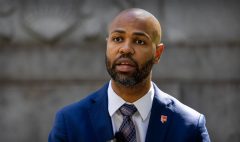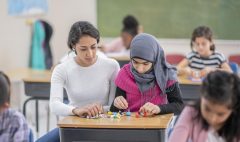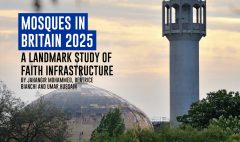Despite the obstacles, Muslim women play an active role in peacebuilding
November 13, 2024 2024-12-24 14:42Despite the obstacles, Muslim women play an active role in peacebuilding
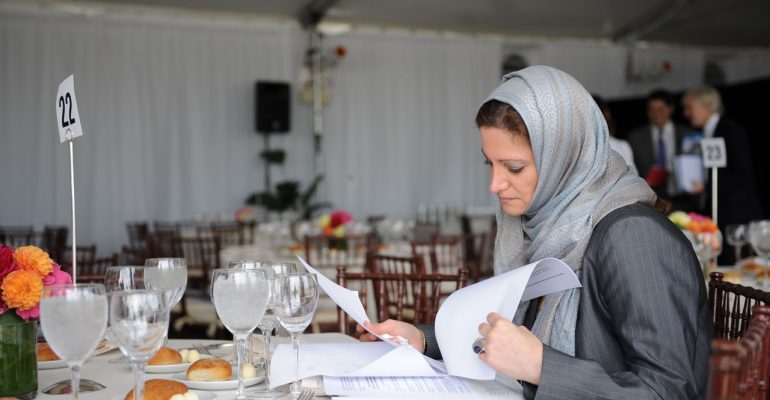
Despite the obstacles, Muslim women play an active role in peacebuilding
As Interfaith Week and Islamophobia Awareness Month coincide, Maha Akeel looks at the role Muslim women play in peacebuilding, and whether cultural and religious factors impact Muslim women’s involvement around the world.
In Muslim societies, culture and religion tend to be essentialized as the reason for women’s oppression, discrimination, and marginalization. This is more evident in conflict areas where religion is instrumentalized by extremist groups to exert their power and control on all of society, not just on women. However, Muslim women play various roles during conflicts, and to understand the obstacles they face we need to contextualize culture within political, economic, and security factors.
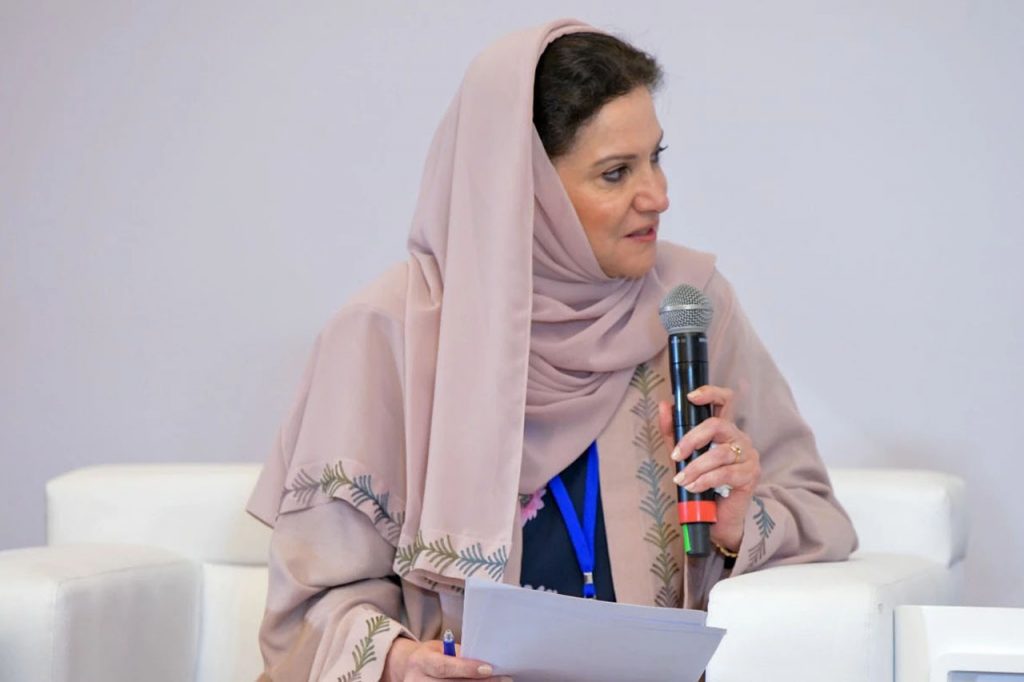
Maha Akeel is a Saudi expert in communications, social development, and international relations. She is a member of the UN’s Senior Women Talent Pipeline. She previously served as Director of Social and Family Affairs and Director of Communications at the Jeddah-based Organization of Islamic Cooperation (OIC).
For Muslim societies, there are unique aspects that influence the political dynamics and power relations between men and women, such as tribal hierarchy, sectarianism, militancy, insecurity, and foreign intervention. However, for women all around the world, gender roles and stereotypes about their knowledge, skills, and social status become major obstacles to their participation in conflict resolution and post-conflict peacebuilding. In addition, local political structures, economic conditions, and social development affect the status and role women have in any given society, and therefore their ability to be involved.
Therefore, cultural/religious factors should not be considered the main explanation for Muslim women’s lack of participation in peacemaking. Instead, culture/religion could be a supporting factor for women’s inclusion. For example, the experiences of women in Afghanistan, Nigeria, and Sudan show how women’s agency can be utilized to ensure peace through local culture and religion, especially in the context of terrorism and extremism.
Blaming religion
In Afghanistan, the United States mobilized support for its invasion of the country in late 2001 in retaliation to the 9/11 terrorist attacks, alongside their claim of “liberating” Afghan women from the brutality of the Islamist fundamentalism practiced by the Taliban government. Rather than addressing the root causes of the rise of fundamentalist ideologies, including US support of militarization, the US administration used women’s suffering for its political agenda.
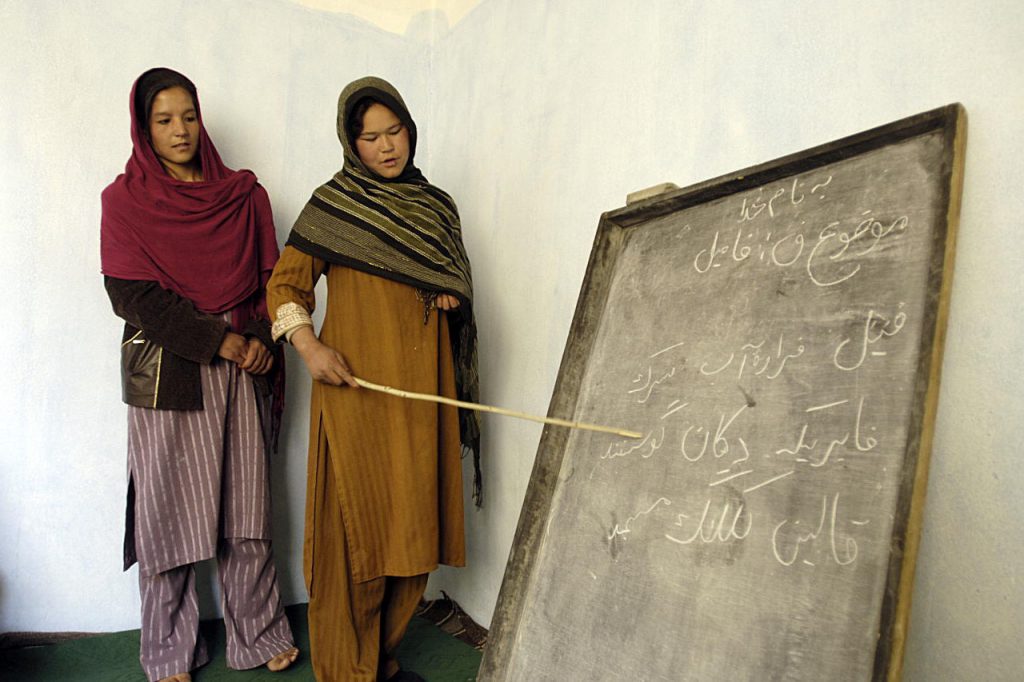
Similarly, in Iraq, Syria, Yemen, Somalia, and Nigeria, where there are militias and organized terrorist groups acting in the name of their fundamentalist Islam, the liberal discourse is mostly focused on a biased understanding of the local culture and religion in focusing on the oppression and marginalization of women, while ignoring the historical context of colonialism and imperialism, as well as contributing factors far removed from religion, such as corrupt political regimes, socioeconomic underdevelopment, and foreign intervention.
Women in Muslim countries have long been politically active against colonial oppression and occupation and were at the forefront of democratic movements. In recent struggles, women in Afghanistan, Indonesia, Iraq, Libya, Mali, Somalia, Tunisia and other countries played an active role at the grassroots and national level in peacebuilding and participating in peace negotiations. While they did face cultural constraints just like in non-Muslim countries, they were able to lobby and mobilize with the support of their local community.
The security discourse
Insecurity is a major concern for women during and after conflicts, and, naturally, this impacts their participation in public life. To address the various challenges arising from insecurity including terrorism, there is a need to understand local realities and localize national and international programs.
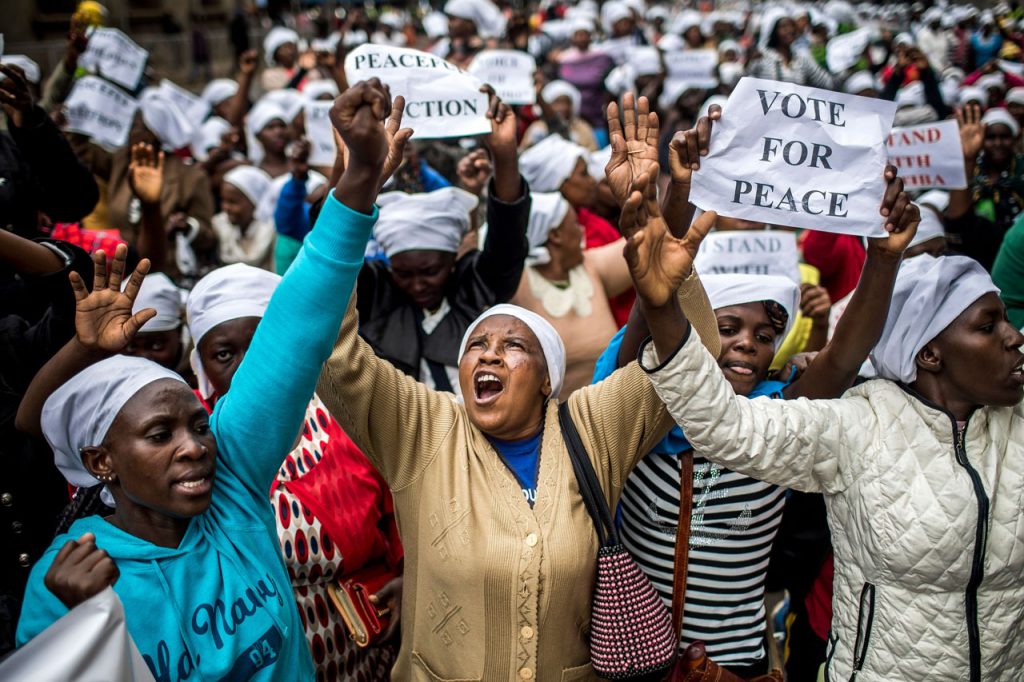
Although America’s attention on Afghanistan after 9/11 was framed alongside the narrative of liberating women, and Afghan women’s conditions post-Taliban did improve, women continued to struggle for their rights and equal opportunities. The insurgents deliberately targeted Afghan women who were in positions of power and influence because they saw them as symbols of betrayal to the Taliban’s orders. A status report on Afghanistan in 2017 consistently showed that insecurity and violence against women, whether domestic by the community in the form of harassment, or by the state in the negative attitude of law enforcement and the judiciary, were the main obstacles to women’s participation in politics and civil society. On the other hand, it showed that informal methods of reconciliation, preventing violence, and raising awareness, done by civil society and religious elders, were common and more effective, especially since women often distrusted the police and the formal justice system.
Local Muslim women peacebuilders
Religion plays an important role in the lives of Muslim communities, and it cannot be dismissed in the efforts to resolve conflicts just because minority extremist groups manipulate it for their own purposes. On the contrary, it should be wielded to counter their false and misleading interpretations. The approach of Muslim women in Nigeria offers a good example, where they play an active role in informal peacebuilding, creating counter-narratives and raising awareness in the Muslim and Christian community to mobilize and provide assistance against the insurgency.
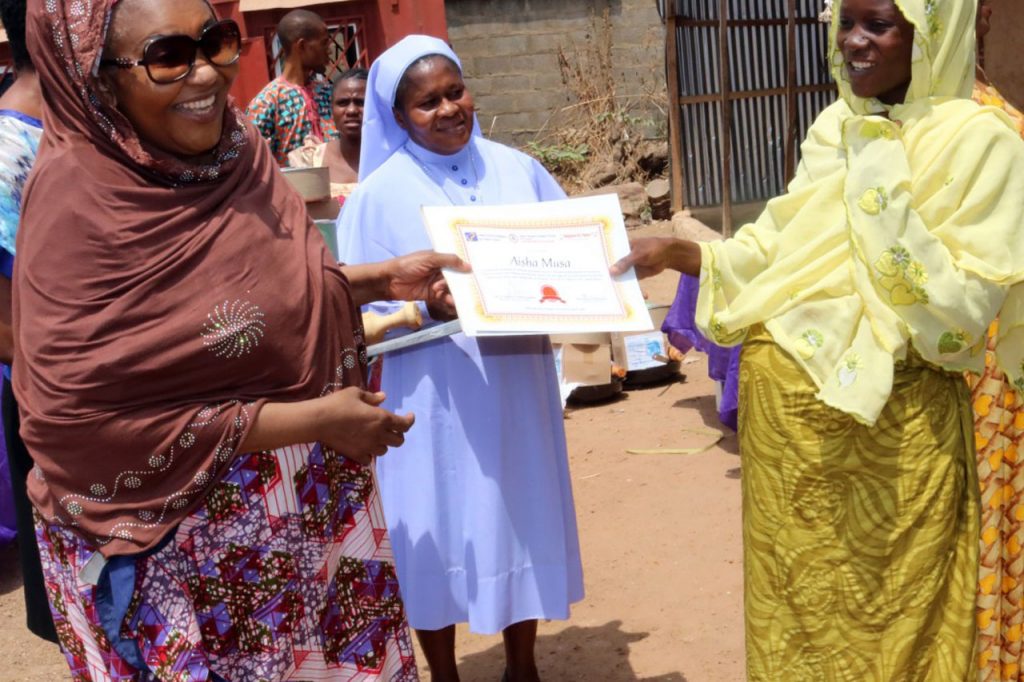
Similarly, in Afghanistan religious leaders are highly trusted. Afghan female religious actors have been active in contributing to peacebuilding through education and raising awareness of women’s rights, peaceful coexistence, and counter-extremism; mediation in family and community conflict resolutions; and facilitating dialogue between non-state armed groups, communities, and state officials.
In Sudan, the situation was different, where it was the government that claimed to be representing and acting in the name of Islamic law. Nevertheless, despite their suppression, Sudanese women activists and civil society groups were involved during the Islamist rule in raising awareness and educating women at the grassroots community level about their marginalized status and rights in Islam and analyzed laws that discriminated against women. They were also active during the civil war in efforts to reconcile the rebels and the government, and in community mobilization for advancing women’s roles in governance and economic empowerment. They succeeded in overcoming many cultural, religious, racial, and political differences in the peacebuilding establishment, managing to increase the participation of women in negotiations, train of community leaders and youth on peace issues, and contribute to the attainment of a 25% quota for women in the 2010 elections. Women were subsequently at the forefront of the 2019 revolution that finally toppled the regime.
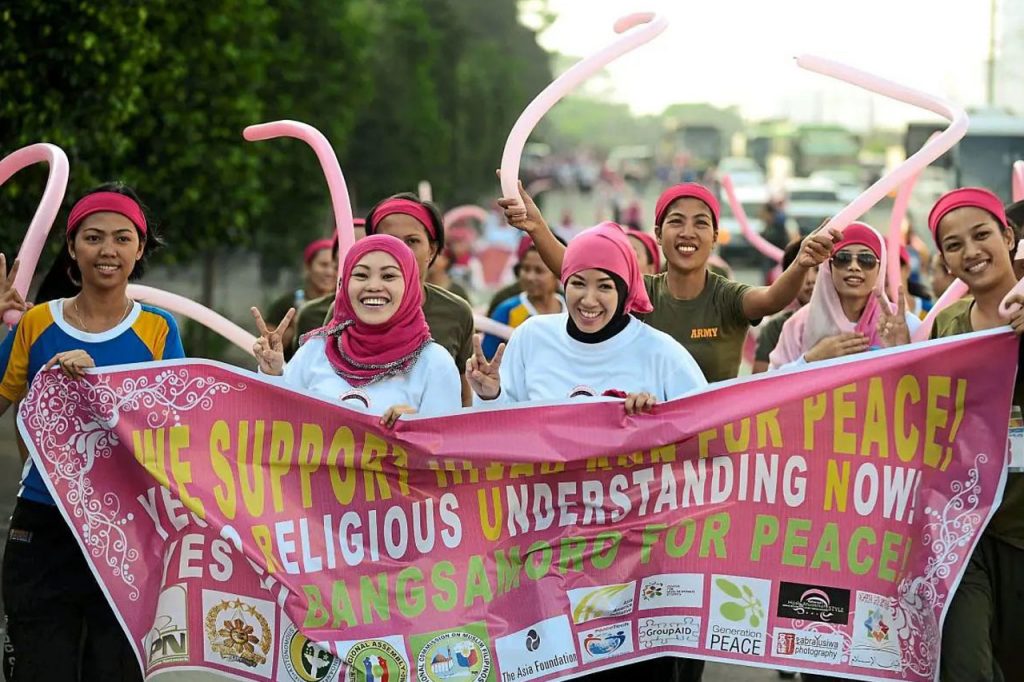
Thus, in looking at the experiences of women in Afghanistan, Nigeria, and Sudan in peacebuilding and conflict-resolution, it is necessary to contextualize the role of culture and religion in shaping and influencing women’s agency in conflict resolution within the historical, political, and social backgrounds of each community affected by war.
Efforts by international nongovernmental organizations (INGOs), governments, and other international organizations should encourage, assist, and develop the capacity of local Muslim women’s activities, and facilitate the conditions for their safe, conducive involvement in the peacebuilding process.
Source: The LSE Religion and Global Society Interdisciplinary Blog



